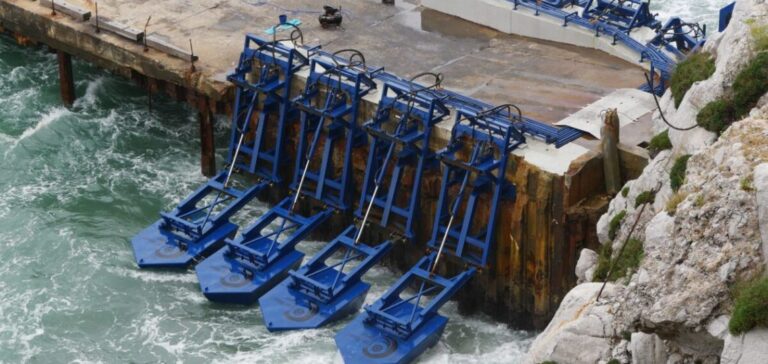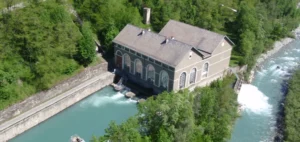The NASDAQ-listed marine technology company is awarded the EDF Pulse 2024 prize in the “Development of a cost-effective decentralized energy system” category.
The award is presented at a ceremony presided over by Luc Rémont, President and CEO of EDF, at the EDF Pavilion in partnership with the Paris 2024 Olympic Games.
Recognition for Innovation
The jury, comprising Xavier Girre, EDF Group Chief Financial Officer, Brice Bohuon, EDF Group Corporate Secretary, and Chloé Pfeiffer, Chief of Staff to the CEO, highlighted the company’s innovation in wave energy.
Their technology makes it possible to develop decentralized energy systems, attached to existing port infrastructures, thus providing a cost-effective and environmentally-friendly solution.
Collaboration and Progress in Israel
This recognition is part of the collaboration between the company and EDF Renewables IL on the EWP-EDF One pilot project in Israel.
This project, co-financed by EDF Renewables IL and the Israeli Ministry of Energy, marks the first connection of a wave energy station to the Israeli national grid in 2023.
Future Developments and International Projects
In November 2024, the company and EDF are planning an event to celebrate this historic achievement.
The company’s ambition is to soon launch new projects in the Port of Los Angeles and Portugal, strengthening its pipeline of projects totaling 404.7 MW.
These initiatives demonstrate the company’s commitment to expanding its technology worldwide.
Impact and Rewards
The company’s technology has received funding from the European Union and the European Commission as part of the Horizon 2020 program, as well as the United Nations Global Climate Action Award.
These recognitions underline the importance and effectiveness of their technology in the fight against climate change. The company is positioned as a leader in the renewable energy sector, with a clear mission: to generate green electricity from ocean waves.
The EDF Pulse award reinforces their credibility and ambition to develop sustainable, decentralized energy solutions.
Industry professionals see the company as a successful example of energy innovation, capable of transforming climate challenges into economic and environmental opportunities.






















